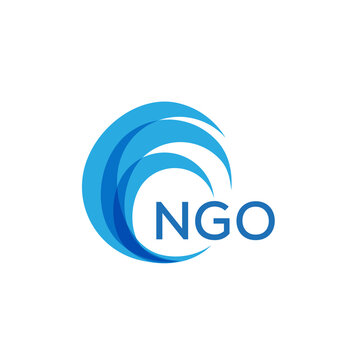The event had the theme, “From Vulnerability to Opportunity: Strengthening Frameworks and Strategies for Decent Job Creation.”
Marcus said he was told: “You are intelligent, you are good, but we cannot use you.”
“The reason? His eyesight condition, which marked him as “a vulnerable person” in the eyes of employers unwilling to see beyond the surface.”
According to him, this experience did not weigh him down but prompted him to set up an NGO focused on facilitating decent job creation in society.
“That moment of rejection, though painful, became the spark for a transformation. I decided to build a platform for the vulnerable instead of succumbing to despair.
“I founded the EEEF, an NGO with a clear mission to facilitate decent job creation in society, especially for youth, women, and the most vulnerable people, ” Marcus said.
Guided by his personal journey, Marcus focused on breaking the barriers that he and so many others had encountered.
He ensured that the Foundation targeted young people seeking purpose-driven employment, women confronting inequality in the workplace, individuals living with disabilities or marked as “vulnerable”.
He said that the Foundation was, and remained, rooted in the belief that vulnerability, when embraced and supported, could become a force for opportunity, innovation and social change.
Marcus added that under his guidance, the Foundation launched the National Dialogue on Decent Job Creation now in its third edition, adding that the dialogue served several crucial purposes.
He highlighted the importance of policy advocacy in achieving decent job creation, as part of the National Dialogue on Decent Job Creation Programme.
The chief executive officer added that the Foundation had built its legacy on four pillars namely Entrepreneurial Vocational Training by equipping vulnerable groups with marketable skills.
Two other pillars, according to him, included Financial Literacy by creating enabling sustainable economic empowerment and Policy Advocacy – Bridging gaps between policymakers and citizens.
Marcus said that the fourth pillar was Constructive Engagement Platforms by hosting dialogues that allowed both beneficiaries and policymakers to co-create solutions.
Mr Nya-Etok Ezekiel, Executive Director, Federal Housing Authority, speaking on Nigeria’s job market realities, called for a national shift away from dependence on white-collar jobs.
Ezekiel, speaking about his relationship with Marcus, said, “Marcus worked under me for two years before his vision started to deteriorate in 2012 and 2013.
“I was deeply troubled during that time and tried every possible means to help him regain his sight.
“He’s always been an intelligent person. Instead of this experience leading to a setback, Marcus responded by establishing the NGO. That is why I’m always available to attend his programmes.”
Ezekiel highlighted the “limited job opportunities” in the traditional sectors and emphasised the need to support programmes like the national dialogue.
He said that the dialogue aimed to spark innovation and job creation through entrepreneurship and MSMEs (Micro, Small and Medium Enterprises).
“Our educational system has conditioned young people to believe success only comes from white-collar jobs or political appointments.
“But Nigeria is a country full of untapped opportunities.”
The executive director reflected on his own journey, and shared his decision to forgo paid employment and instead live by professional integrity until the age of 60.
“When young people are exposed to mentors and role models who have made it as professionals or entrepreneurs, two things will happen – fulfillment and job creation.
“Waiting on government won’t solve unemployment. Empowering MSMEs that can hire two, five or ten people. That’s the future of job creation in Nigeria,” he said.
Ezekiel encouraged participants to engage on social media, foster broader conversations far beyond the meeting room, and called on all to help amplify the campaign’s message.
Mrs Agu-Ifeoma Uche, the CEO of Thelma Lion Foundation, underscored her belief in collective wisdom and shared responsibility.
“Together, we can create a brighter future for all Nigerians, particularly those who are most vulnerable,” she said.
According to her, the event aims to set Nigeria on a firmer path toward equitable prosperity and inclusion, leaving no one behind.
Uche urged stakeholders to unite in developing frameworks and strategies that transform vulnerability into opportunity for Nigeria’s most marginalised communities.
She called on participants to harness their expertise and passion toward enacting meaningful, lasting change through enhanced job creation strategies.
NAN reports that the national dialogue came at a critical time, as Nigeria continues to struggle with youth unemployment and looks for scalable, sustainable ways to grow its economy from within



